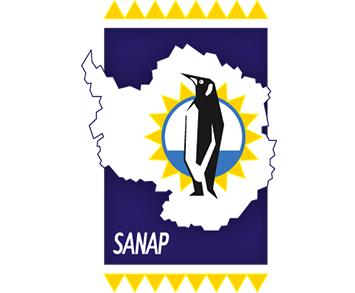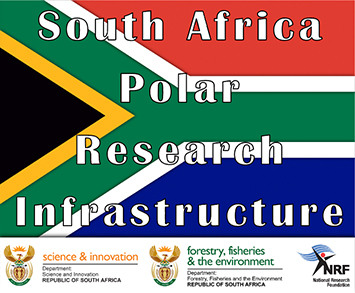MARiS is involved with several projects, some of which are listed below:

AtlantECO project
The EU-funded AtlantECO project aims to develop and apply a novel, unifying framework that provides knowledge-based resources for a better understanding and management of the Atlantic Ocean and its ecosystem services. AtlantECO will engage with citizens and actors from the industry and policy sectors in order to stimulate responsible behaviour and Blue Growth. The project focuses on three pillars of research: microbiomes, plastic and the plastisphere, and seascape connectivity. In pursuit of this goal, AtlantECO is bringing together experts and pioneers from Europe, South America and South Africa with the relevant resources, knowledge and experience.

CRiceS Project
Climate Relevant interactions and feedbacks: the key role of sea ice and Snow in the polar and global climate system.
Climate and Earth system models (ESMs) are key tools for projecting future climate change; however, these models have significant shortcomings regarding their descriptions of polar ocean-ice/snow-atmosphere interactions, limiting their effectiveness. The EU-funded CRiceS project will increase understanding of how rapid sea ice decline is interlinked with physical and chemical changes in the polar oceans and atmosphere. Consortium members will quantify the controlling chemical, biogeochemical and physical processes/interactions within the coupled ocean-ice/snow-atmosphere system through a comprehensive analysis of new and emerging in-situ and satellite observations. CRiceS will improve process, regional and climate models / ESMs to deliver improved quantification of feedback mechanisms within the Earth system.

Horizon 2020


SANAP and SAPRI
Research has been done since South Africa’s involvement in the Antarctic and sub-Antarctic through various projects such as the South African National Antarctic Programme (SANAP) and South African Polar Research Infrastructure (SAPRI).
The South African Polar Research Infrastructure (SAPRI) is one of 13 large Research Infrastructures (RIs) developed by the Department of Science, Technology and Innovation (DSTI) as part of the South African Research Infrastructure Roadmap (SARIR). The SAPRI was established in 2021 to ensure coordination of South African marine and Antarctic research as a national Big Science programme, providing seamless access to existing and new research infrastructure required to develop and enhance long-term observations of South Africa’s polar region. The SAPRI is designed as a consortium hosted at the South African Environmental Observation Network (SAEON) and is divided into four Integrated Facilities (IFs): Data, Products & Society (DPS), Long-term Observations on Land (LTO-Land), Long-term Observations of the Ocean (LTO-Ocean) and the Polar Lab.